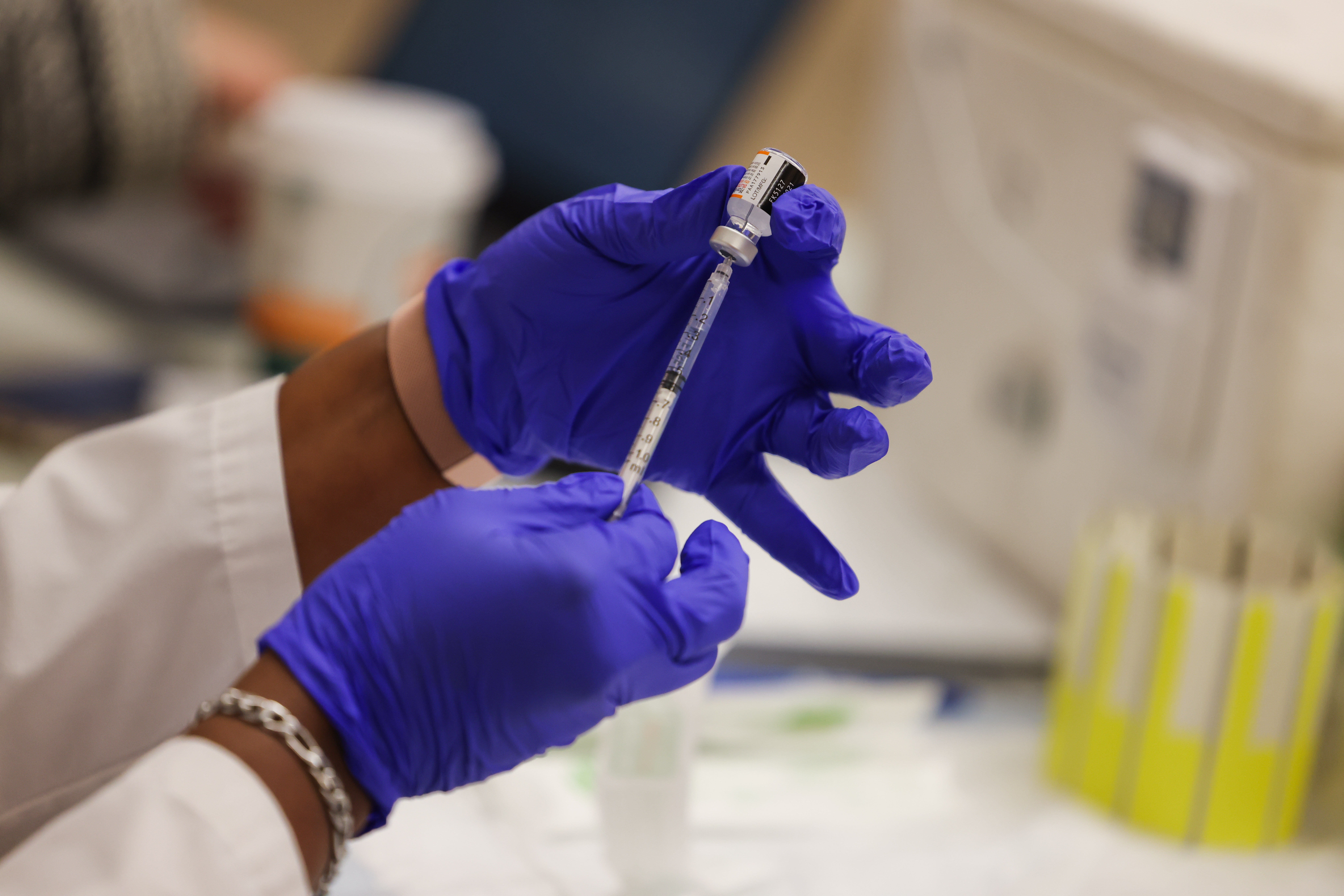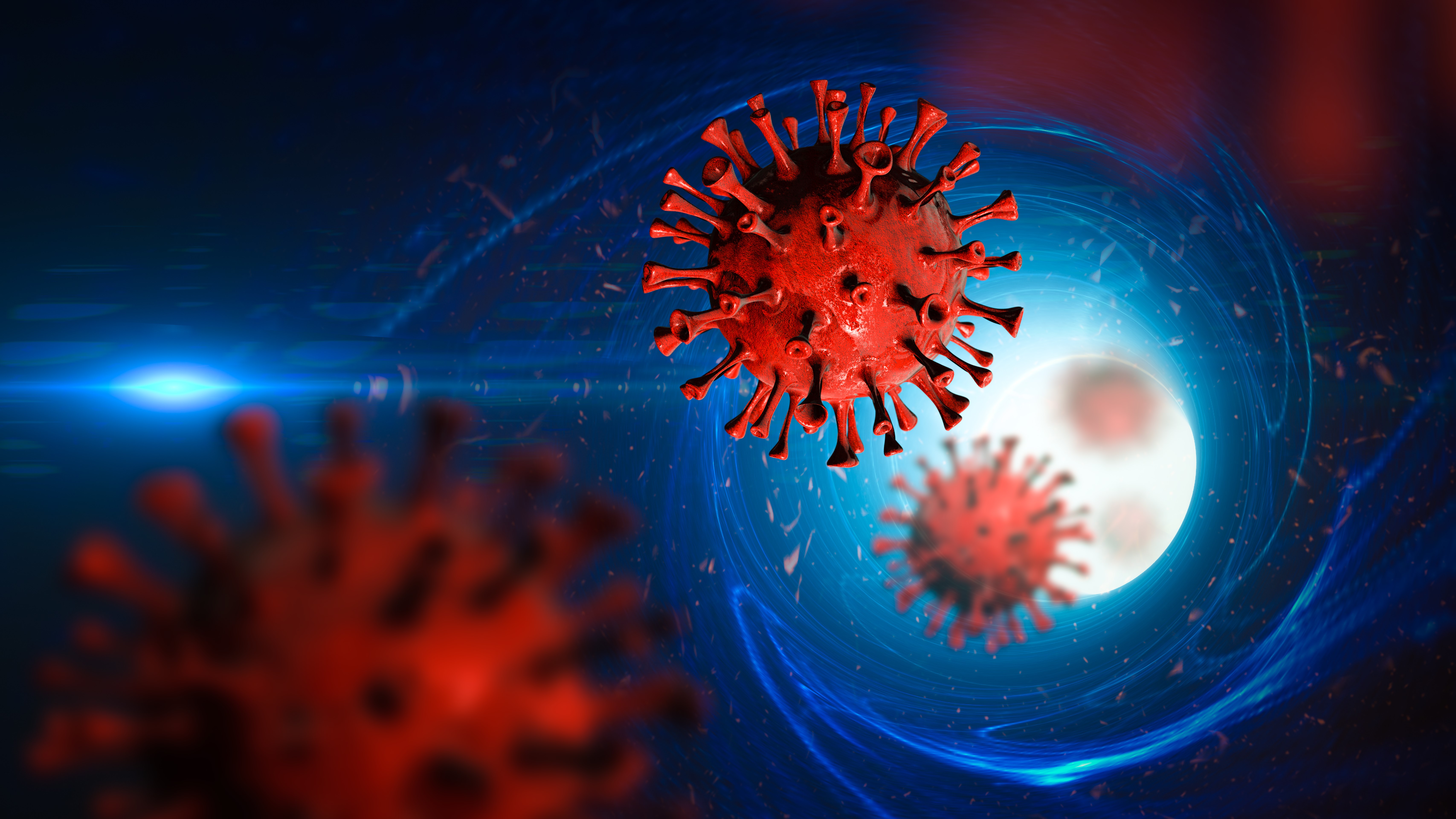Public health experts have been concerned about the possibility of a summer surge and now rising COVID levels in Massachusetts wastewater seems to be backing that up.
Samples taken from both the North and South Shores show a significant rise in COVID RNA detected in the wastewater, according to the MWRA wastewater tracking system at the Deer Island Treatment Plant. The South Shore has seen a 29% jump over the past two weeks, while the North Shore experienced a 28% increase over the same time frame.
This MWRA system covers 43 communities, including Boston, and has been predictive of past waves and surges in COVID cases in the area. The increased levels come as the latest version of omicron, the BA.5 subvariant, takes hold as the dominant strain in Massachusetts.
Get Boston local news, weather forecasts, lifestyle and entertainment stories to your inbox. Sign up for NBC Boston’s newsletters.
According to the CDC, the highly contagious BA.5 omicron subvariant has taken over as the dominant coronavirus strain, accounting for 60% of all COVID-19 cases in New England and 65% across the U.S., according to the latest data from the U.S. Centers for Disease Control and Prevention.
Infectious disease experts are worried that the fastest-spreading COVID-19 subvariant yet could drive a new wave of infections. Public health experts have said that people are getting re-infected with the BA.5 omicron subvariant, which seems to be more effective at evading immunity both from vaccination and natural infection.
“From my vantage point here, in terms of cases and looking at the wastewater and what's going on in the hospital, is that we're just sort of stuck, that we've really plateaued," Tufts Medical Center's Dr. Shira Doron said. "I think that is the BA.4 or 5, in fact, especially BA.5, not letting the cases continue to decline after a wave.”
Despite a rise in COVID hospitalizations across the nation, the rates have remained low locally, Boston doctors said Tuesday during NBC10 Boston's latest "COVID Q&A" discussion.
“We are basically in a plateau. We're still way above where we were last year at this time in terms of case numbers, but fortunately, we're also seeing much less in the way of critical illness, and that undoubtedly, is a combination of the fact that we have a highly vaccinated population here," Brigham and Women’s Hospital's Dr. Daniel Kuritzkes said.
The latest Massachusetts COVID case numbers, now reported on a weekly basis, will be released Thursday.



